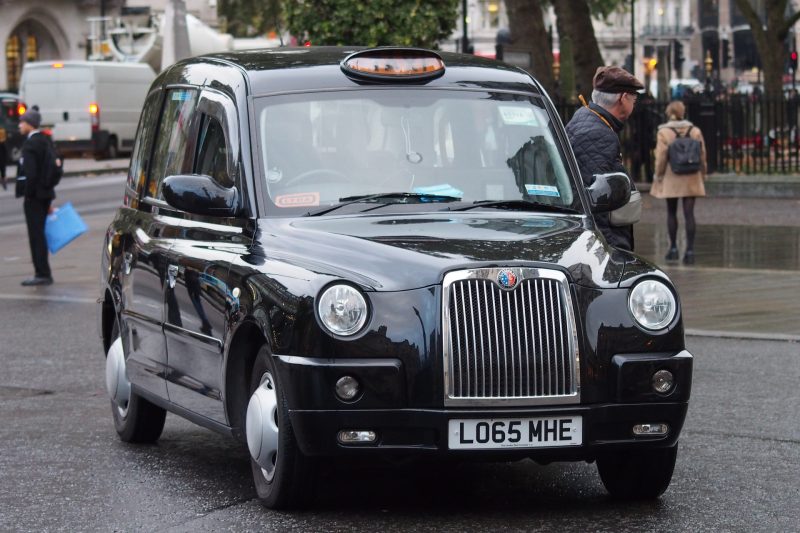Councils are planning to ban petrol and diesel taxis and PHVs in a bid to cut pollution in several towns and cities.
But the moves have been met with fierce opposition from drivers, especially as some of the vehicles being banned in their areas are considered “green enough” for London’s ULEZ and other clean-air zones.
Phasing out
Reading Borough Council and Newcastle-under-Lyme Borough Council are updating their taxi and PHV licensing policies to phase out petrol and diesel vehicles over the next three years in a move which drivers have said is like “putting a noose around their necks”.
The Reading Chronicle reports that the council wants to remove 15 Euro 5a diesel cabs and “require that all replacement vehicles are at minimum ultra-low emissions (ULEVs) and under eight years old by October 2025”.
It also wanted all replacement cabs to be ULEV compliant and less than five years old by October, 2028.
During consultation over the changes, Reading Taxi Association chairman Asif Rashid reported that hundreds of members had objected, saying the measures would be a “noose around the necks” of drivers.
He told the council’s licensing committee: “The current approach implies that emissions problems in Reading are solely due to the Hackney Carriage trade, which is incorrect.
“The new proposals would impose high costs on the trade, which could have a detrimental impact on many of our members.”
Good enough for ULEZ
The RTA pointed out that Euro 6 diesel vehicles were currently exempt from ULEZ and Clean Air Zone (CAZ) charges in London, and were similarly exempt in Bristol and Birmingham, but not in Reading.
Having listened to representations from the RTA, the council has now agreed that all replacement vehicles are at minimum ultra-low emissions (ULEVs) and less than seven years old on October 1, 2028.
By the same date, it also wants to set the age limit for ULEV vehicles to be a maximum of 15 years, although each vehicle shall be assessed on its own merit and an extension of a year to a maximum of three additional years might be granted on renewal of the licence after a successful RBC compliance test.
The authority’s consumer protection group manager explained that officers would continue to work with the RTA to agree the final details of the compliance test to ensure that all older vehicles could still be of a high enough standard and quality to meet the council’s aspirations.
Different approach
Newcastle-under-Lyme Borough Council wants to move away from an age-based vehicle licensing policy to one based on emissions and engine type.
The BBC reports that there will be a 12-week consultation with the taxi trade and other stakeholders.
“Currently, we have a policy that says that all vehicles have to be less than seven years old when they’re first licensed, and after 10 years they have more frequently tested,” licensing officer Matt Burton told the licensing committee.
“What we’re looking to do is move away from an age policy altogether, and as suggested in the best practice guidance, move towards an emissions and fuel type criteria.”
If the changes are agreed, the new policy will be introduced from April when the council would stop licensing vehicles that only meet the Euro 4 emissions standard. However, Mr Burton told the council that this would only affect three taxis in the borough.
Timeline
If the new policy is introduced, the final licences for Euro 5 vehicles will be granted in the 2025-26 financial year.
The BBC reports that new vehicles powered by petrol, diesel or LPG would not be licenced after April, 2027, and no vehicles with internal combustion engines would be licensed from 2030.
In 2035, the council would stop granting licences for hybrid vehicles and all taxis would need to have zero tailpipe emissions.
Licensing authorities clearly see EVs as the future and are steering petrol and diesel taxis and PHVs towards the end of the road to cut pollution. In order to achieve this without driving cabbies out of the industry, they must allow time for drivers to find suitable and affordable alternative vehicles.
Newcastle-under-Lyme has signalled a clear intent that all taxis and PHVs must be fully electric by 2035 giving the trade 10 years to make the switch, but they might still need financial assistance to make the change.


